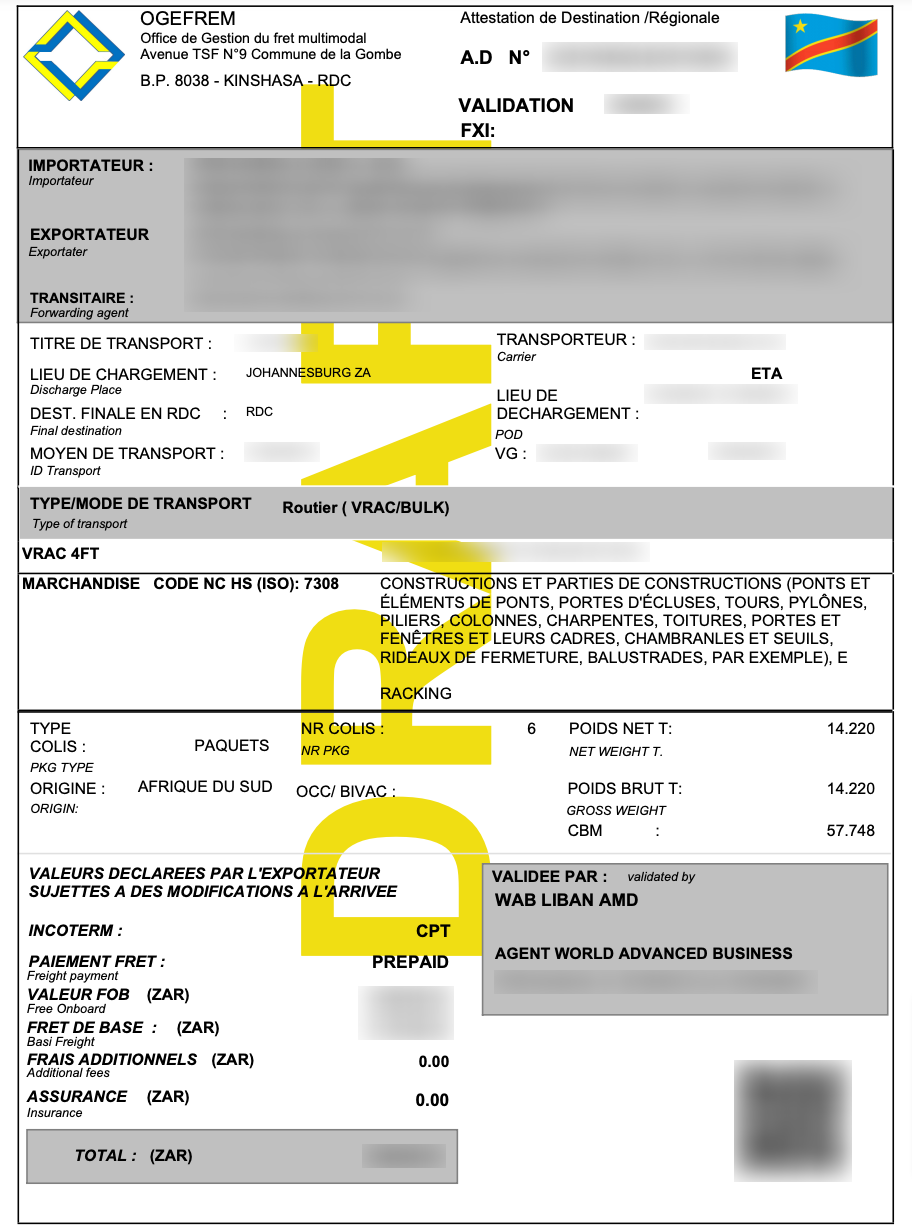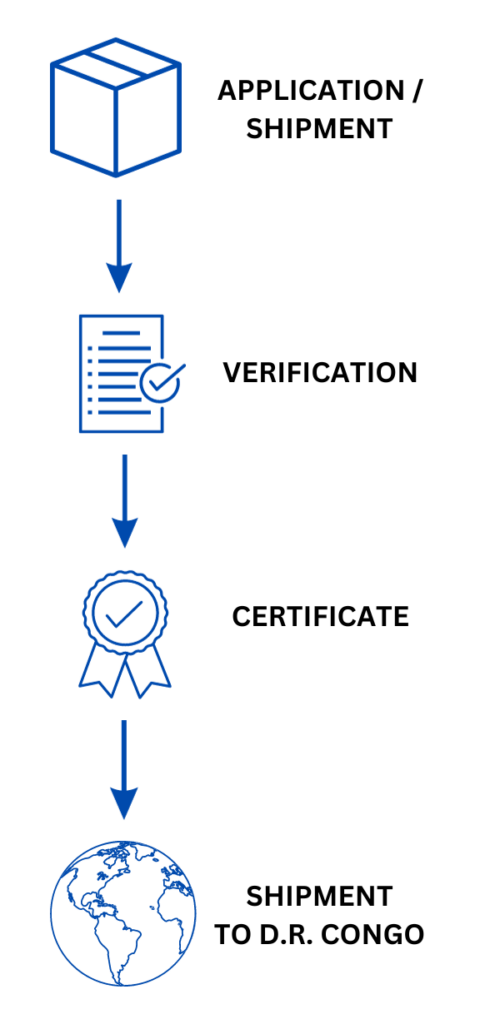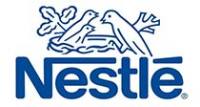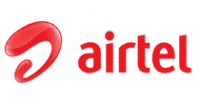
1 518 302 6818
kyle.hallner@getctn.com

+44 7723 465323
murat.aydin@getctn.com

1 518 302 6818
kyle.hallner@getctn.com

971 4230 6314
li.wei@getctn.com

31 970 1025 5535
sofia.ricci@getctn.com

31 970 1025 5535
emilie.dubois@getctn.com

31 970 1025 5535
lukas.muller@getctn.com

44 7723 465323
carlos.hernandez@getctn.com

44 7723 465323
olivia.brown@getctn.com

31 970 1025 5535
emma.peeters@getctn.com

971 4230 6314
takahashi.hiroshi@getctn.com

31 970 1025 5535
anna.devries@getctn.com

91 91037 47061
zara.kapoor@getctn.com

971 4230 6314
sara.almulla@getctn.com

+44 7723 465323
mikko.makela@getctn.com

+44 7723 465323
liam.murphy@getctn.com

+44 7723 465323
lerato.molefe@getctn.com

+44 7723 465323
kurt.schmidt@getctn.com

+44 7723 465323
cheng.wei.lim@getctn.com

+20 109 400 1060
ahmed.morsi@getctn.com

+44 7723 465323
emeka.nwosu@getctn.com

+44 7723 465323
minjae.choi@getctn.com

+8801568993034
rocky.bujjaman@getctn.com

+92 333 4243 989
khan.malik@getctn.com

+601127856558
nicholas.rocky@getctn.com

+44 7723 465323
chloe.thompson@getctn.com

+55 81 98217 2334
erik.dener@getctn.com

+966 566050151
fahd.elkhaldy@getctn.com

What is a Certificate of Destination?
The Attestation de Destination (A.D. document), is a more common name for the certificate of destination. It works similarly to the FERI certificate, which permits a smooth goods importation process into the Democratic Republic of the Congo.
You must have an AD Document if your goods arrive in the D.R.C. by land instead of sea. This includes cargo released at ports such as Mombasa, Dar es Salaam, or any other port that requires a land route to reach the Democratic Republic of Congo.
Procedure
When shipping by road or rail from the port of transit or regional origin to the Democratic Republic of the Congo, a Certificate of Destination, or “Attestation de Destination” in French, is required. It also includes shipments that are shipped by rail or road to the Democratic Republic of the Congo from any country on the African continent.
There are TWO different kinds of Certificate of Destination:
- The first one, called CONTINUANCE, connects the transportation of freight by sea with the following movement of the same item by road or rail.
- Shipments from the African Region are covered under the second category, which is known as REGIONAL.
Congolese Customs requires both the Certificate of Destination (AD Document) and the FERI Certificate for the approval of any commercial products entering the DRC as of April 11, 2011. The Inter-Ministerial Decree No. 008/CAB/VPM/MIN/TC/2019 mandates that these Certificates be issued for all commodities going to the Democratic Republic of the Congo.

- Bill of lading
- FERI Certificate (We can provide this if you don’t have it already)
- Commercial Invoice
-
Customs Declaration
- Packing list
- Freight invoice, only if freight value is not mentioned on the commercial invoice.
- The FERI certificate must be validated five days before the vessel arrives at the latest.
- Suppose your shipment is going to the Democratic Republic of the Congo by Air or Road Freight within the African continent i.e., South Africa, to D.R. of the Congo. In that case, you must obtain a FERI Certificate for your cargo.
- Shipments that arrive without FERI or with false information on the FERI get charged twice the certificate cost plus the regulation charge determined by the D.R. of the Congo National Port Officials.
- According to D.R. of the Congo Customs regulations, all cargoes to D.R. of the Congo must be accompanied by a FERI certificate.
- The Charger, BEFORE loading cargo, must request the FERI waiver certificate.
- Shippers or forwarder agents have to submit a FERI certificate 5 days before the vessel arrives in the territorial waters of the Democratic Republic of Congo.
- Failing to submit the FERI certificate will lead to the cargo not getting through customs clearance and returning to its origin.
- If FERI is absent from unloading the container, the FERI issuance will be paid at the arrival, plus a fine of %20 on the freight value. (409/021 – 23th March 1992)
FAQs related to the Democratic Republic of Congo FERI Certificate
It is another form of a waiver document used in road shipments. It stands for Attestation de Destination also known as a Certificate of Destination (COD).
It is another name for a waiver document. It stands for Fiche Électronique des Renseignements a l’Importation.
No, the FERI and AD are unique and reserved only for one shipment. Every shipment by sea must have a validated FERI number and every shipment by road must have a AD Document.
FXI is a Unique number that you can find on the GICHE document. This number also represents the Tax Registration of a business in DR Congo.
FXI is a Unique number that you can find on the GICHE document. The FXI number is mandatory to apply for the Democratic Republic of Congo FERI certificate. If you are an exporter to D.R. Congo, you can ask your importer to apply for the GICHE document.

A sample of an FXI Number
They are both the same kind of waiver certificate. Just different country authorities call it their own way. FERI is a certificate name given by DR Congo authorities for the waiver they require from each sea shipment.
Yes, they are two different countries, and their system is different.
General FAQs
GetCTN is an independent consulting firm that helps clients obtain CTN certificates in many African countries. It is an international company with offices in the USA, UK, and UAE, and its sole business is CTN certification; it is not a freight forwarder, importer, or exporter.
The hard copy of the certificate isn’t necessary at all. Instead, the whole process is completed online.
A bill of lading (BL or BoL) is a legal document issued by a carrier to a shipper that details the type, quantity, and destination of the goods being carried.
A commercial invoice is a required document for the export and import clearance process. It is sometimes used for foreign exchange purposes. In the buyer’s country, it is the document their customs officials use to assess import duties and taxes.







